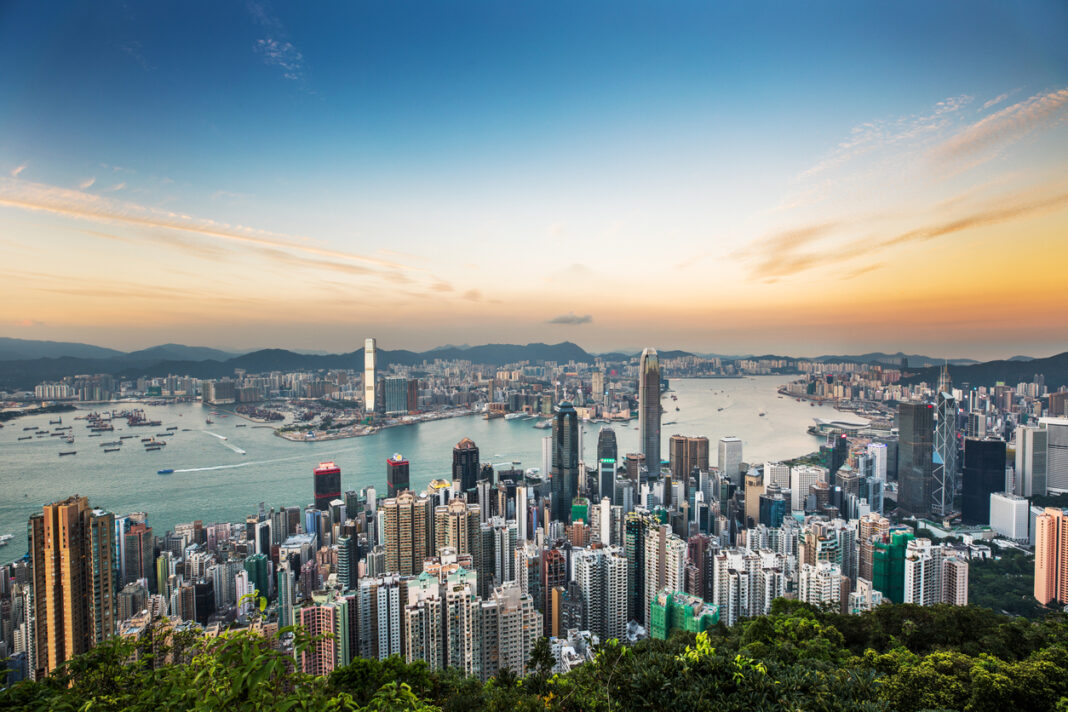Weekly demonstrations in Hong Kong for democratic freedoms are now into their sixth month. They are having a serious impact on the city’s economy and reputation as an international business centre, tourism mecca and airline hub.
But for the thousands who are defying what they see as Beijing’s puppet government, it is a small price to pay. On our nightly news, masked protestors make it crystal clear they have lost faith in President Xi Jingpin’s commitment to or understanding of the “one country, two systems” policy guaranteed when Britain handed back the island to the mainland.
The British legacy of the rule of law, the independence of the courts, a free media and free speech has been slowly but surely eroded since the July 1997 handover. The irony is their very existence has made it easier for mainland China to do business with the rest of the world. Investors can feel more confident if disputes can be resolved in courts truly separated from the government.
What these protests show is people who have tasted freedom will not be beguiled by the offer of personal prosperity in return for political restrictions in a one party state. In southern China’s other mega cities like Shanghai, there is a greater willingness to accept this so called compact, though some I met there late last year believe the rapid economic development and social changes heralded by Hu Yaobang in the 1980s are stalling.
Making the whole situation more problematic is the trade war launched by President Donald Trump. That, of course, is disrupting world markets as well. But I think it is good to reflect on the broader lessons of the Hong Kong protests in our own context.
We like to think of ourselves as a free country. But a free country, by definition, is one where journalists and the media are free to hold governments to account. That means, when journalists receive documents and information from within the bureaucracy that point to wrongdoing, it is in the interests of citizens to be told. But we have seen, particularly since 2001, a gradual erosion of press freedoms in the name of keeping our free society safe. The raids on the ABC and a Newscorp journalist’s Canberra home evidence of this.
In both cases, what we have had is the media being hit by the full force of the law for merely doing its job. Like it or not, this is the Chinese model at work.
Then we had late last week the Home Affairs Minister, Peter Dutton, attack climate change protestors in terms very similar to what we are hearing about the Hong Kong demonstrators. He said they should be “named and shamed”, face mandatory jail terms and have their welfare payments stopped.
Sure, protestors who cause traffic disruption or break other laws like trespass should face some consequences, but do we really want to shut the right to protest down? Maybe some, sadly, do.
For more:



